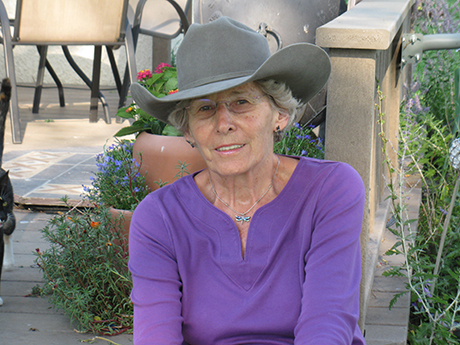A recent survey asked teenagers if they thought they had a role in their communities. I don’t recall what percentage answered yes, but it was fairly low. That was an idea I hadn’t considered, or taught to my own kids. Mine seemed to discover it on their own; they are all active in various projects and organizations that make a real difference, but I wonder if the young people graduating have been challenged to consider how they might choose to strengthen their community.
Often, community service is used to punish miscreants for bad choices: probation, and so many hours of community service. But wait. If we want healthy communities, that are safe and clean places to raise a family, work at a career, and enjoy retirement, we all have a responsibility to make that happen. It should be a privilege, not a punishment, to serve those around us.
The possibilities for service are endless. Start with picking up trash, or better yet, not tossing any on the roadside. Be the person in your neighborhood who takes a casserole to someone who is laid up, or shovels the walks before anyone else is up and around. Be a Teammate mentor, help to organize a celebration for your town, or take a real risk and run for public office. Take your kids along to help at the food pantry, require them to get summer jobs, or volunteer at an organization. Enroll them in 4-H.
If we want young people to feel a part of the community and important to its survival, that starts at home. Teach them to pick up their rooms, help with chores, mow the lawn or do laundry, while emphasizing that it takes the whole family to make a home run smoothly. And give plenty of kudos for their cooperation.
If parents are involved with church or service organizations the kids will get a sense of being part of a larger community and will be more likely to see themselves as contributing members. But here’s the glitch. Service organizations are dying for lack of members. American Legion posts close when there are only half a dozen active members, and all of those over eighty.
Food pantries struggle to find volunteers enough to stay open. Young adults don’t tend to join such groups, because they are too busy following their kids around to sports activities, or have more than one job in order to keep food on the table. I don’t have solutions for this, but something is out of whack and our communities and families suffer for it. I wonder what a difference it might make if each family made a commitment to support a single entity that benefits their community. Seems like a place to start.

